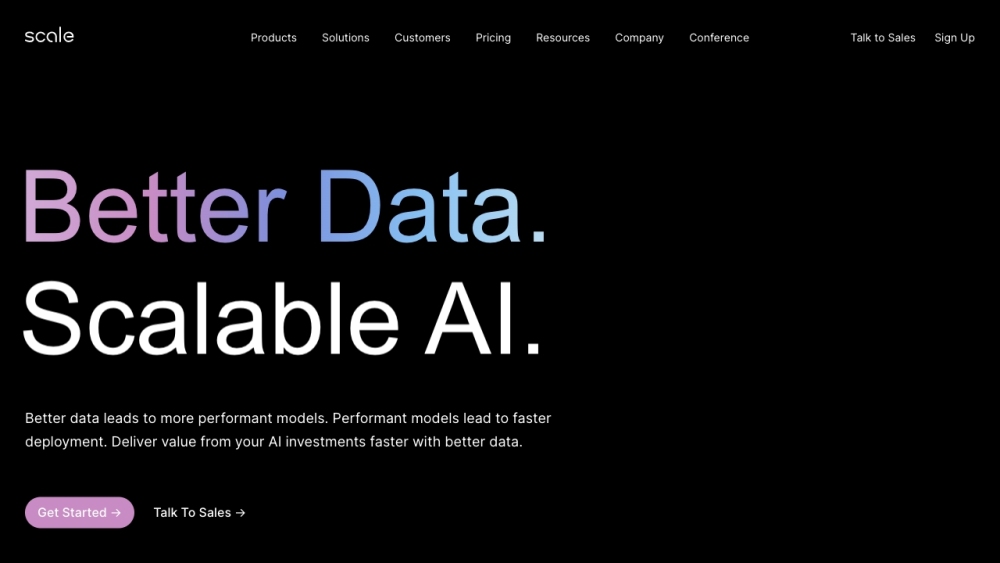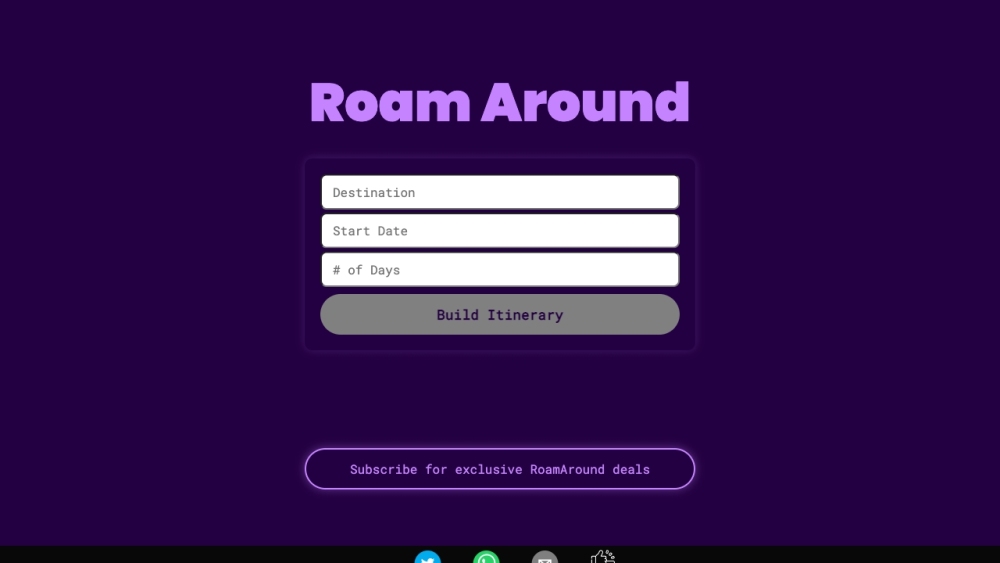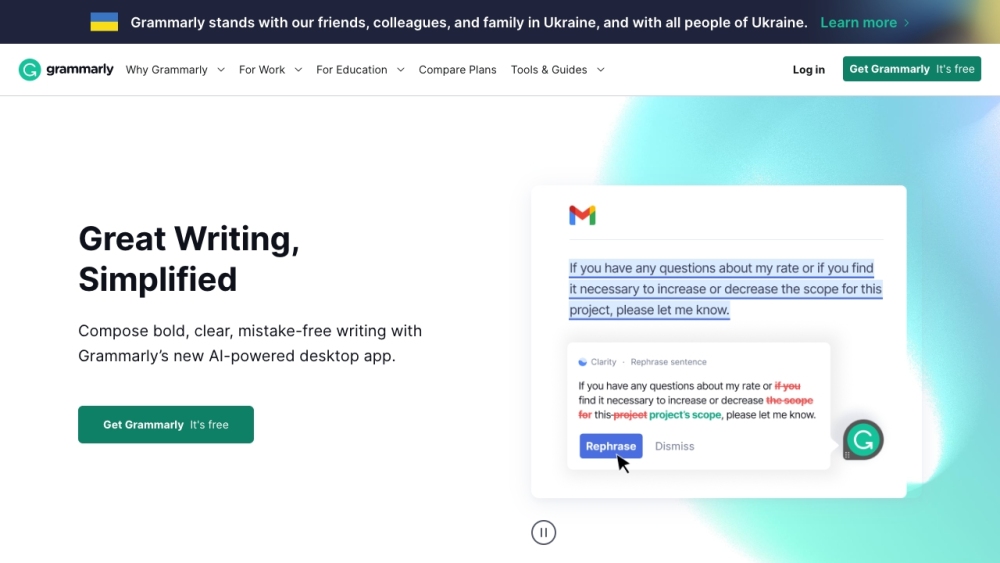The quest for the ultimate battery has made a significant leap forward. Microsoft, in collaboration with the Department of Energy’s Pacific Northwest National Laboratory (PNNL), has launched a multi-year initiative aimed at accelerating scientific discovery and sustainable energy research through artificial intelligence (AI) and cloud computing.
Their primary tool? Microsoft’s Azure Quantum platform, an advanced integration of AI and quantum computing designed to expedite materials research. The partnership’s mission is straightforward: to explore the vast chemical universe in search of the components needed for more powerful, longer-lasting, and environmentally friendly batteries.
This collaboration has already produced remarkable results. An AI-driven search sifted through millions of entries to identify potential candidates—an immense task unfeasible for human researchers alone. The AI narrowed down 32 million possibilities to a focused group of 500,000, with the most promising candidates undergoing rigorous simulations at PNNL.
This innovative approach is not merely a technical exercise; it represents a strategic investment in the energy sector. The global shift towards renewable energy sources, such as solar and wind, necessitates storage solutions capable of managing the variances in power generation. The Microsoft-PNNL collaboration is set to deliver the foundational technology essential for this transition.
For both the tech industry and scientific community, this partnership symbolizes more than just an innovation; it serves as a blueprint for the future. It illustrates how cloud computing and AI can unlock new avenues in scientific exploration and problem-solving, with implications that extend far beyond battery development.
Contrasting AI-Powered Materials Discovery Approaches
Google is also heavily investing in AI for materials science research. Its DeepMind division recently unveiled an AI system called GNoME, which discovered over 2 million potential new materials. Similar to the Microsoft-PNNL collaboration, GNoME employs advanced deep learning techniques to swiftly screen hypothetical materials for promising candidates.
The key difference lies in focus: GNoME explores entirely new compositions, while the Microsoft effort seeks variations of known crystal structures. Both strategies have their merits—expanding the known materials portfolio versus delving into new chemical spaces. Google has emphasized autonomous robotic testing of AI predictions, a feature not highlighted by Microsoft, which leans more towards human-driven experimentation.
These rival scientific endeavors underscore the strategic importance major tech firms place on AI-driven materials discovery. The ability to significantly accelerate innovation offers substantial competitive advantages, likely prompting more companies to invest in public-private research collaborations that push the boundaries of AI. Materials science is evolving into a big data-driven field, transformed by machine learning.
A Future Powered by AI and Cloud Computing
The Microsoft-PNNL partnership epitomizes a broader shift towards integrating advanced AI with cloud computing to facilitate rapid scientific advancements. This combination of quantum computing and AI expertise, along with PNNL’s research capabilities, suggests a transformative impact that extends beyond improving batteries; it signifies AI's potential across various scientific disciplines.
This initiative also highlights Microsoft and the Department of Energy’s commitment to sustainable development. By striving to create the next generation of energy storage solutions, Microsoft and PNNL are positioning themselves as innovators and crucial players in the battle against climate change.
As this project evolves, its success will likely influence the pace at which we advance sustainable technology and energy independence, setting a precedent for future collaborations that blend cutting-edge technology with environmental stewardship.





